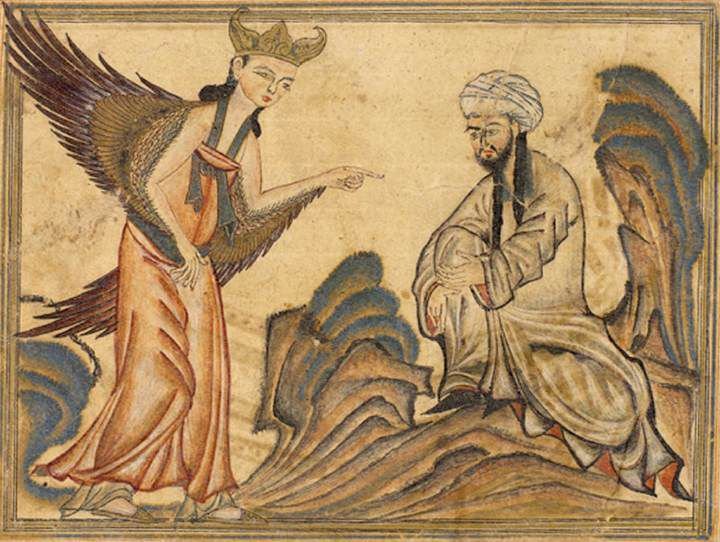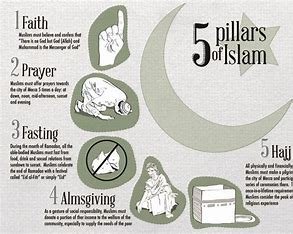Ramadan and facts related to it
Ramadan, a holy month. Often known as the month in which Muslims keep fast but in addition to fasting, Ramadan is a time for increased spiritual reflection, prayer, and acts of charity.
Muslims are encouraged to increase their worship and devotion during Ramadan by performing additional prayers, reading the Quran, and engaging in other acts of devotion such as making supplications (dua). Many Muslims also use Ramadan as an opportunity for personal introspection and self-improvement, striving to become better individuals by letting go of negative habits and behaviors.
Charity is also an important aspect of Ramadan. Muslims are encouraged to give generously to those in need, with many choosing to donate to charitable organizations or feed the hungry. Overall, Ramadan is a time for Muslims to deepen their connection with their faith, strengthen their relationships with their communities, and strive towards becoming better individuals.
Following are some facts related to Ramadan :
- Ramadan is the ninth month in the Islamic calendar and is considered to be the holiest month for Muslims.
- Muslims fast during Ramadan from sunrise to sunset, abstaining from food, drink, and other physical needs.
- The word “Ramadan” comes from the Arabic word “ramida” which means scorching heat or dryness, which is often resonates burning of sins with good deeds.
- Ramadan is a time for spiritual reflection and self-improvement, with increased emphasis on prayer, charity, and good deeds.
- Fasting during Ramadan is one of the Five Pillars of Islam, which are the foundation of the Muslim faith.
The fast is broken each evening with a meal called iftar, often shared with family and friends. - During Ramadan, many Muslims also participate in the recitation of the entire Quran, with one-thirtieth of the holy book read each day of the month.
- The dates of Ramadan vary each year because the Islamic calendar is based on the lunar cycle, and each year Ramadan shifts by about 11 days.
- Fasting during Ramadan is one of the Five Pillars of Islam, which are the foundation of the Muslim faith.
- The month of Ramadan ends with the festival of Eid al-Fitr, a celebration of the end of the fast.
- Ramadan is observed by Muslims all over the world, with an estimated 1.8 billion Muslims worldwide participating in the fast each year

Origin of Ramadan
The origin of Ramadan can be traced back to the revelation of the Quran to Prophet Muhammad in the year 610 CE. It is believed that when Muhammad was 40, he began to spend time alone thinking about the questions that troubled him.
When he was in a cave called “Al-Hira” An angel Gabriel, or Jibril, delivered the revelations of the Quran to the Prophet Muhammad. Muhammad was terrified and told their community elders about the incident, later, they said ‘Muhammad, You are chosen as the prophet of God.
The revelation of the Quran during Ramadan is considered to be a significant event in Islamic history, and it is believed that the first verses of the Quran were revealed to Prophet Muhammad during this month.
It was during this month that Muslims won a decisive battle against the Quraysh tribe in Mecca in 624 CE. The victory allowed Muslims to establish themselves as a powerful force in the region and marked the beginning of the spread of Islam throughout Arabia and beyond.
Today, Ramadan is observed by Muslims around the world as a time of spiritual renewal and reflection, and it remains an integral part of Islamic practice.

Ramadan and Prophet Muhammad
Ramadan is closely associated with the life and teachings of Muhammad.
The observance of Ramadan is one of the Five Pillars of Islam, which are the fundamental religious practices that are mandatory for all Muslims. During Ramadan, Muslims are required to fast from dawn until sunset, abstaining from food, drink, and other physical needs as a means of purifying the soul and practicing self-discipline. The fast is broken each evening with a meal called iftar.
According to Islamic tradition, Muhammad received the first revelation of the Quran during the month oin the year 610 CE. This event, which is known as the Night of Power or Laylat al-Qadr, is considered one of the most significant events in Islamic history. Muhammad continued to receive revelations over the course of the next 23 years until his death in 632 CE, and the Quran was compiled into its present form shortly after his death.
Overall, Ramadan is a deeply significant month for Muslims worldwide, and it is closely linked to the life and teachings of the Prophet Muhammad.

Conclusion
Ramadan is an essential month for Muslims worldwide and holds great significance in Islamic culture. It is considered the holiest month of the year and is observed by Muslims worldwide through fasting, prayer, charity, and self-reflection.
Ramadan is an essential time for Muslims to renew their faith, increase their spiritual awareness, and develop their relationship with Allah. Through fasting and self-discipline, Muslims learn to exercise control over their physical desires and focus on their spiritual needs.
Additionally, Ramadan is a time of increased charitable giving and community service, with Muslims encouraged to donate to those in need and participate in acts of kindness and generosity.
Overall, Ramadan is a time of renewal, growth, and spiritual reflection for Muslims. It is a time for Muslims to strengthen their relationship with Allah, develop their character, and foster a sense of unity and community with their fellow believers.



